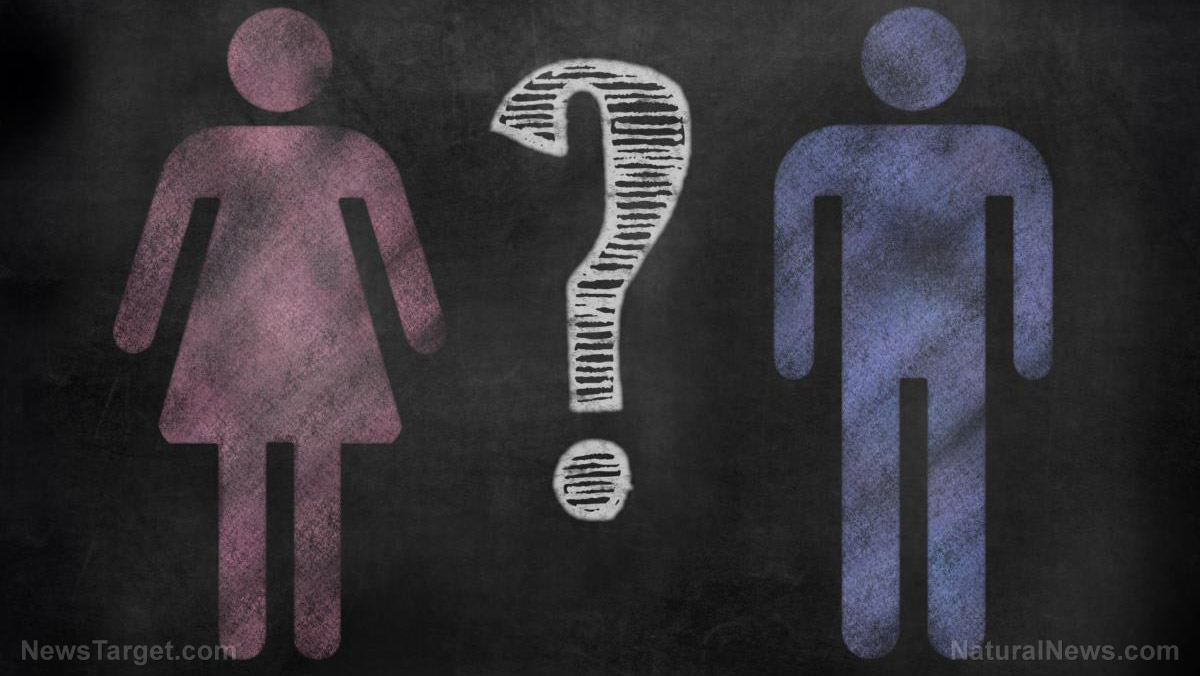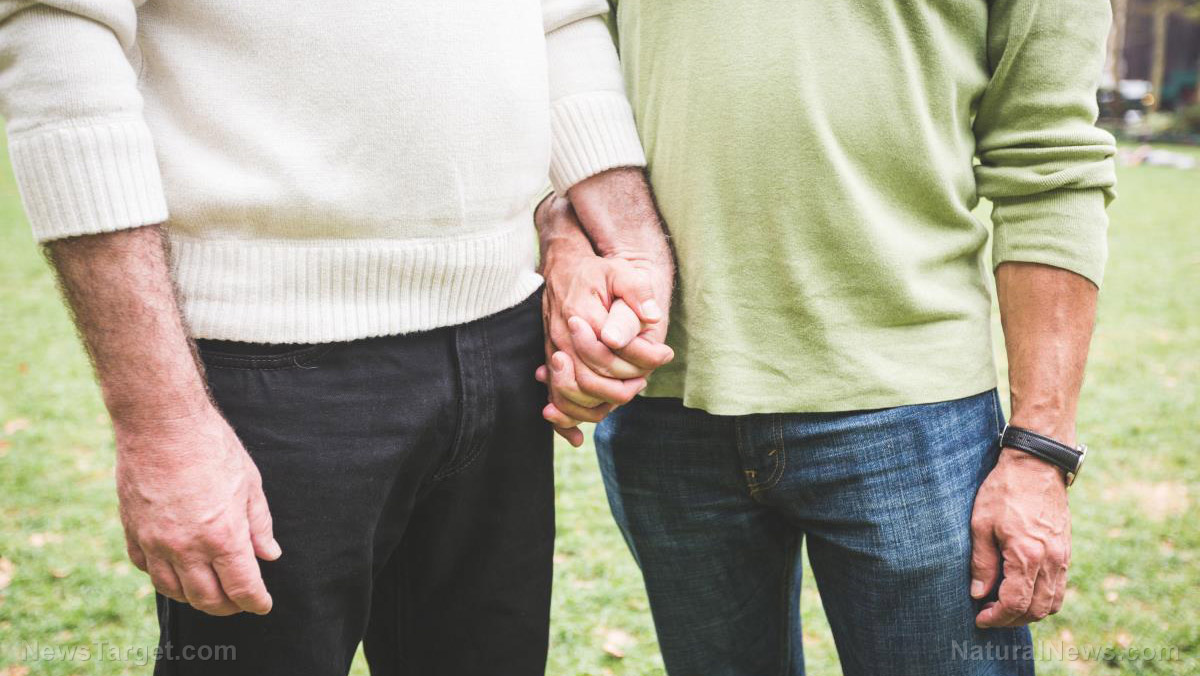A form of vitamin B3 significantly reduces the risk of non-melanoma skin cancer
01/28/2019 / By Mary Miller

Your body needs regular exposure to the sun in order to synthesize vitamin D. However, you can sometimes have too much of a good thing. Overexposure to sunlight is one of the many health risks that can lead to skin cancer. If you live in a tropical area or any location that allows you access to a lot of bright sunlight, you might be at high risk of getting skin cancer. Fortunately, taking regular doses of nicotinamide might be able to significantly reduce your risk of developing non-melanoma skin cancer.
Nicotinamide is the active form of vitamin B3 or niacin. It is a precursor of nicotinamide adenine dinucleotide (NAD) and nicotinamide adenine dinucleotide phosphate (NADP), both of which can help facilitate the enzymatic reactions that are necessary for your body’s metabolism. In both lab and animal studies, nicotinamide has been shown to have a beneficial effect in the prevention of certain skin cancers. (Related: Vitamin B3 can reduce skin cancer risk by 23%.)
How vitamin B3 reduces your risk of skin cancer
A study that was published in the New England Journal of Medicine found that nicotinamide can significantly reduce the likelihood of developing non-melanoma skin cancer in high-risk patients by about 23 percent. Furthermore, vitamin B3 supplementation was found to be very well tolerated and had no unwanted side effects. In the study, researchers observed 386 healthy participants who all had a history of at least two non-melanoma skin cancers within the past five years. Over the course of 12 months, the participants were either given a 500 mg dose of nicotinamide twice a day or a placebo. The results showed that the participants who were given the nicotinamide supplements had a rate of developing new non-melanoma skin cancers that was 23 percent lower than those who were only given a placebo.

The most common type of non-melanoma skin cancer is basal cell carcinoma, which accounts for around 80 percent of all skin cancers. The researchers also found that the participants who were given the vitamin B3 supplement had 20 percent fewer diagnoses of basal cell carcinomas.
Scientists believe that there are two main ways nicotinamide can help protect against skin cancer. First of all, nicotinamide possesses the capability to boost your body’s ability to repair damaged DNA. Your body relies on ATP to repair damaged DNA and nicotinamide encourages the increased production of ATP in your body. Second of all, the ultraviolet rays of the sun may suppress the immune system within the skin. Nicotinamide can help protect your skin against this ultraviolet-induced immunosuppression.
Other ways to reduce your risk of skin cancer
Since supplementing with nicotinamide appears to have no unwanted or residual side effects, you can keep on taking it for as long as you need to, especially if you are prone to getting a lot of extra sun exposure. However, this isn’t the only way to protect yourself from getting skin cancer. Here are a few ways that can help in the prevention of skin cancer.
- Avoid direct or unnecessary exposure to the sun. Stay under the shade, especially between 10 A.M. and 4 P.M. These are the hours when the sun shines the strongest. As much as possible, try to avoid getting sunburned.
- Cover up with sun-protective clothing. If you do have to spend time under the sun, be sure to wear UV-blocking sunglasses and broad-brimmed hats to protect your face, neck and ears.
- Regularly examine your skin. Your awareness of your own body is key to early detection and treatment. Look at your whole body in the mirror and examine yourself from head-to-toe at least once every month. You can also undergo a professional skin exam at least once a year.
Learn more ways on how to protect yourself from cancer by going to Anticancer.news.
Sources include:
Submit a correction >>
Tagged Under:
anticancer, basal cell carcinomas, health risk, niacin, nicotinamide supplements, non-melanoma skin cancer, nutrients, skin cancer, skin cancer risk, skin care, skin protection, sun exposure, supplements, vitamin B3, vitamins
This article may contain statements that reflect the opinion of the author



















